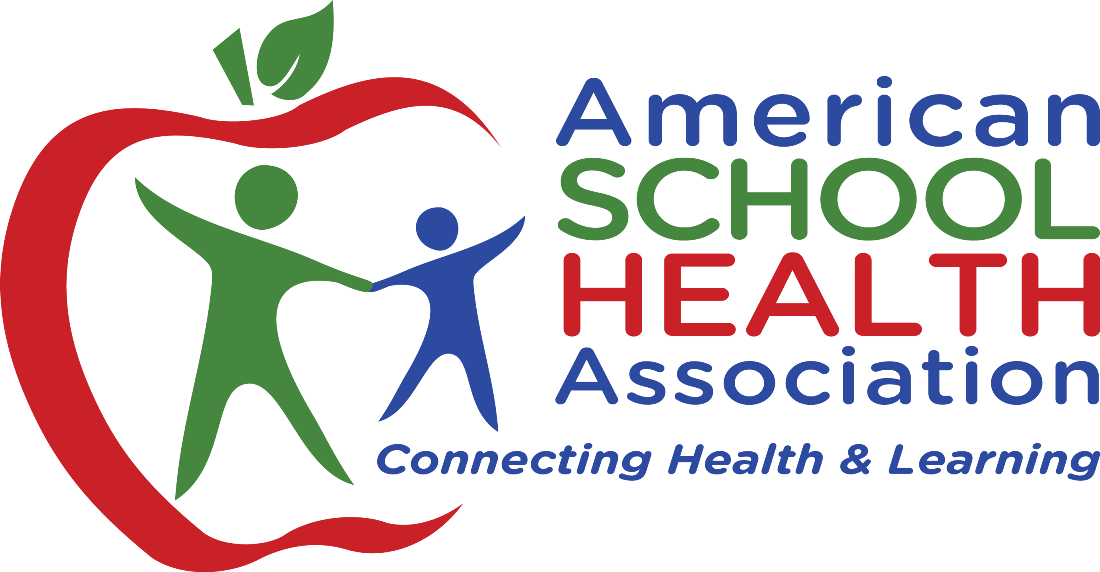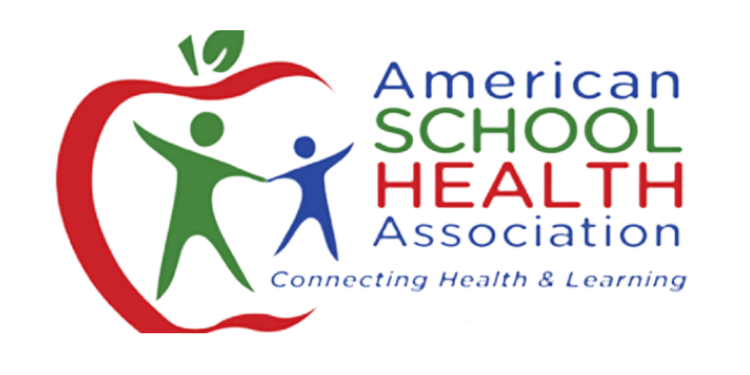The Answer to #MeToo Is Education – Part II
This is the second post in a two-part series about the role schools can play in the #MeToo movement. Read Part 1.
What is the role of school health advocates in response to #MeToo? We have vital opportunities to impact all young people through health education, services, and support systems. Since, many of the #MeToo reports point to abusive incidents that occurred in adolescence, we need to start early teaching children how to avoid sexual harassment and sexual assault. However, we can teach children what they need to know in gentle, positive, developmentally-appropriate ways.
If young people are going to make real, lasting change, it is important to learn new, healthier ways of relating to each other. We can prevent more young people from abusing and being abused, but it will take hard work. Here’s a start.
Promote respect for diversity.
Prepare children to appreciate the normal, natural changes that will take place as they develop into adults. Each person is a unique individual who develops in their own time, but “early bloomers” are more likely to be targets of unwanted sexual attention. While curiosity is normal, it isn’t okay to touch or look at someone’s body without their permission. Having ongoing discussions and answering questions will help remove the silence and stigma that surrounds sexuality. In doing so, we reduce the likelihood that children will feel shame and keep secrets if they experience unwanted touch or coercion.
Teach about consent.
Consent is a clear, voluntary agreement to do something and involves asking someone for what you want and accepting their answer, no matter what. It involves saying yes or no in response to someone’s request. Consent can be taught and practiced in everyday situations, such as asking to use a cell phone or borrow a pencil. Encourage children to develop body autonomy by letting them decide if, and when, to allow others to touch, hug, or kiss them. Conversely, teach them to respect other’s personal space by asking permission before touching as well. Through practice, consent will become a natural part of all aspects of relationships.
Model healthy relationships.
Children watch the adults in their lives and accept what they see and hear as normal. This is our opportunity to show children the way to treat one another with respect and enjoy healthy relationships. In conjunction with relationship modeling, teach the skills needed to communicate assertively, listen actively, voice personal boundaries, and request adult help. Schools can provide ideal conditions for students to learn and practice these vital skills with their peers in a safe classroom environment. Health education curricula must arm students with positive relationship skills for life. This includes communication, sex roles, expectations, and stereotypes, as well as sexual media literacy and the characteristics of a healthy relationship.
Explain sexual assault.
I know, no one wants to have to have this conversation with children but given the staggering numbers of children who have been assaulted, this is a vital conversation. Health education, in partnership with families, can equip young people with the knowledge, attitudes, and skills to avoid becoming a target or a perpetrator.
It is vital to teach young people the topics and skills needed to avoid or respond to sexual harassment and assault. Remember, we are not alone – and our kids shouldn’t feel like they are either. #Metoo lit a fire, and it’s our job to keep it burning.


